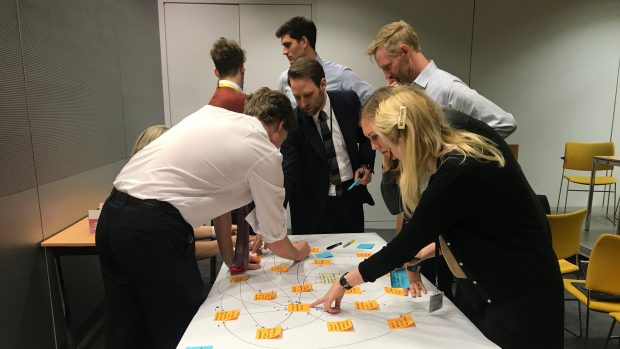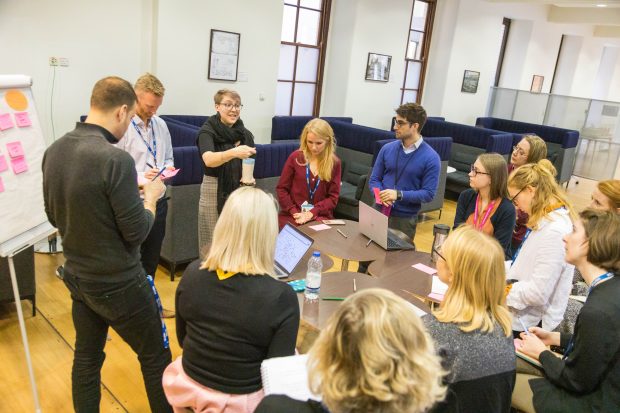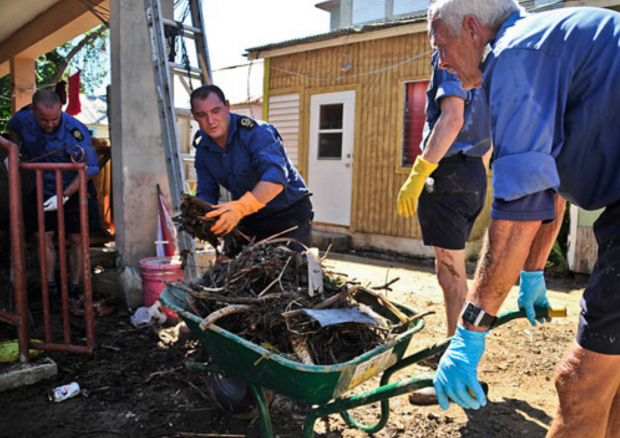Welcome to our blog
Welcome to our blog
We want to help people across the public sector apply systems thinking to complex problems. So if you want to find out more about how this approach can improve people’s lives, subscribe to our blog.
We want to help people across the public sector apply systems thinking to complex problems. So if you want to find out more about how this approach can improve people’s lives, subscribe to our blog.

I’m often asked to define a ‘systems approach’ and where to get started with systems thinking. Forget the textbooks. Don’t worry too much about the theory. I’m not saying these things aren’t valuable. I’m simply saying that it can wait.

I am often challenged that systems thinking is just another workplace fad. I thought I’d share my systems thinking journey, how it has benefitted me and my work and how it makes a lasting difference.

It is the duty of decision-makers across the globe to keep people safe, protect their economies and safeguard society. This is even more important during a complex and challenging situation like a pandemic.

When it comes to designing systemic policy solutions to complex problems, I believe that collaboration, on its own, is not enough. So what is needed beyond collaboration? I thought I’d share my thoughts in a blog post and share three concepts that might help you engage with stakeholders on the topic.

In this blog post, we want to explain how systems thinking is an appropriate, strategic response to a crisis and share an approach with you.

'From what I’ve observed, policy solutions are often narrow in focus and are limited to a certain sector. A genuinely interdisciplinary approach means we can identify and carry out multiple targeted interventions across sectors. Consider the butterfly.'

Last autumn, I was part of a small team of volunteers from the Department for Education (DfE), HMRC and the Department for International Development (DfID) who spent some time working with the Systems Unit in the Cabinet Office. We wanted to explore what systems leadership meant.

We believe that systems thinking should be at the heart of policy design and delivery. We think it can generate policy that is easier to deliver, better value for money and improved outcomes for the public.This requires both strong leadership and strong systems leadership.

I decided to hold a very light-touch seminar to one method of systems for some of my team, the Systems Unit and some colleagues from the Government Office for Science.

A system is a group of individuals or an organisation working together or interacting as part of a network. We believe that everyone in the public sector should be a systems leader. That means being a leader in a system, rather than a leader of a system. We share ten tips to help you embrace your inner systems …